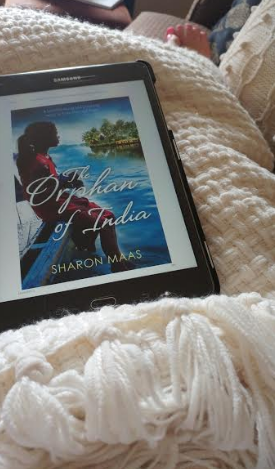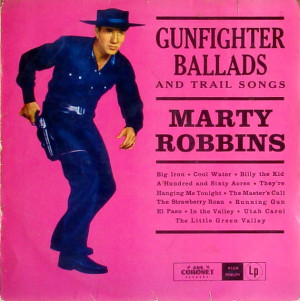

A few years ago, when speaking about my then-just-released novel, Accidents of Marriage, a reporter mentioned how surprised she was by her negative reactions to one of the main characters—the wife—and how she “provoked” her husband. The reporter sympathized with the other main character, the husband, and understood his raging. The next day, participating on a book festival panel, the moderator spoke of the husband in the book as a virtual out-of-control monster and his wife as a frightened woman battling emotional abuse.
That they had opposite reactions pleased me. Making characters as nuanced on the page as we are in life is a priority—plus, just as an author’s belief system colors their work, readers bring their own experiences as they judge the characters we create. (Like how as teenagers, girls found their favorite Beatle; mine was George. I’ve always been drawn to the quiet ones.)
Nevertheless, I’ve noted a troubling undertone in reactions to novels about domestic violence—about whether a woman (or man) “deserves” to live without verbal, emotional, or any other sort of abuse. In Accidents of Marriage (where I used multiple points of view: a wife, a husband, and their 14-year-old daughter), Maddy is married to Ben, a man with a hair-trigger temper; she never knows what will set it off. When he’s charming, he’s terrific: funny, smart, and capable. Irate, he’s terrifying: raging, critical, and blaming the world for his troubles.
Relationship interactions aren’t static in life or in novels. Sometimes Maddy placates, working hard to keep her children unaware of the problems she and Ben face; other times she gives in to her frustration and edginess and answers back. Plus, she’s messy, a working mother with three children, who’s rarely (if ever) on top of the unending chores facing the family. When life becomes too much, she’ll carve off a slice of a Xanax. But is any of that equivalent with “deserving” to be screamed at, raged at, or to be driven at speeds that petrify her? Did she “deserve” to end up in an accident that changes her entire life?
For years, I worked with batterers, criminals, and men ordered to a violence intervention program, and the hardest nut to crack was convincing them of this: one’s violence, one’s temper, or one’s temperament doesn’t need to be contingent on another’s behavior. We must control ourselves. To wit, we scream at our spouses and children—rarely do we verbally attack our bosses no matter how much they enrage us. Why? Because our bosses have power over us, and we, in fact, do have control—it’s all about whether we choose to use that skill or not. And yes, it takes work.
Which brings me to the likable character. There’s been a debate in literature (especially when the author and/or main character is a woman) about whether a book should be judged on the likability of a character, which flies in the face of what I want in a book: to be fascinated by the men and women populating it, to root for them to change, and for them to get through their crucibles as unburned as possible.
And with the “bad guys”? I want them to own up to their deeds and pay for them.
In Accidents of Marriage, the only innocents are the children. (And they have their extremely unlikable moments. Is there a child who doesn’t?)
Which brings me to Betty Crocker.
When I worked in domestic violence, we spoke about working against the Betty Crocker Syndrome (Betty Crocker representing the impossible “perfect woman”) and the overwhelming importance of teaching the public, the men we worked with, and those in the field how we should never judge the behavior of a perpetrator by the personality of their victim. Nobody deserves to be abused. Nobody learns (not children, not adults) through terror.
Terror is the abuser’s tool. It’s how they offload their own defeat. It’s how they release their own negativity on those around them.
It’s never a tool for building family. Not in life, not on the pages of a novel. The very best way to comport oneself is to follow the moral code you’ve built for yourself and not allow it to be mutable based on another’s behavior.
It’s hard work to get there in life or on the page. But that’s what I want in the novels I read and write: stories of imperfect men and flawed women taking the long, hard journey.
So I think I’m speaking on behalf of many authors when I say judge us on our lousy writing, our bad grammar, our lack of plot, our sloppy syntax, and our purple prose. But please, don’t expect all of us to feature Betty Crocker. Sometimes we want to get inside the head of the Carmela Sopranos. The complicated women. The women we hide inside; the women we live with.
Bio
Randy Susan Meyers’ novels are informed by her work with families impacted by emotional and family violence — and a long journey from idolizing bad boys to loving a good man. After years working in social service and criminal justice, Meyers published her first novel, The Murderer’s Daughters, a story of the aftermath of domestic violence. Her fourth novel, The Widow of Wall Street, will be published on April 11. Meyers and her husband live in Boston, where she teaches writing at Grub Street Writer’s Center and Writer in Progress in Northampton. Her novels have twice been chosen by the Massachusetts Center for the Book as “Must Read Fiction.”
Advertisements Share this:




